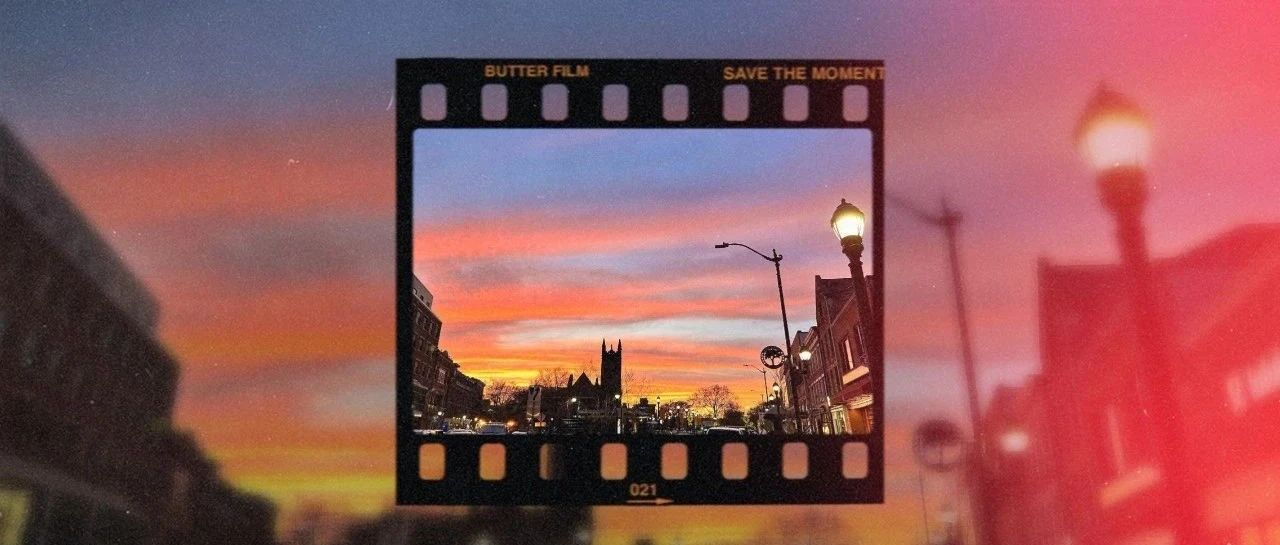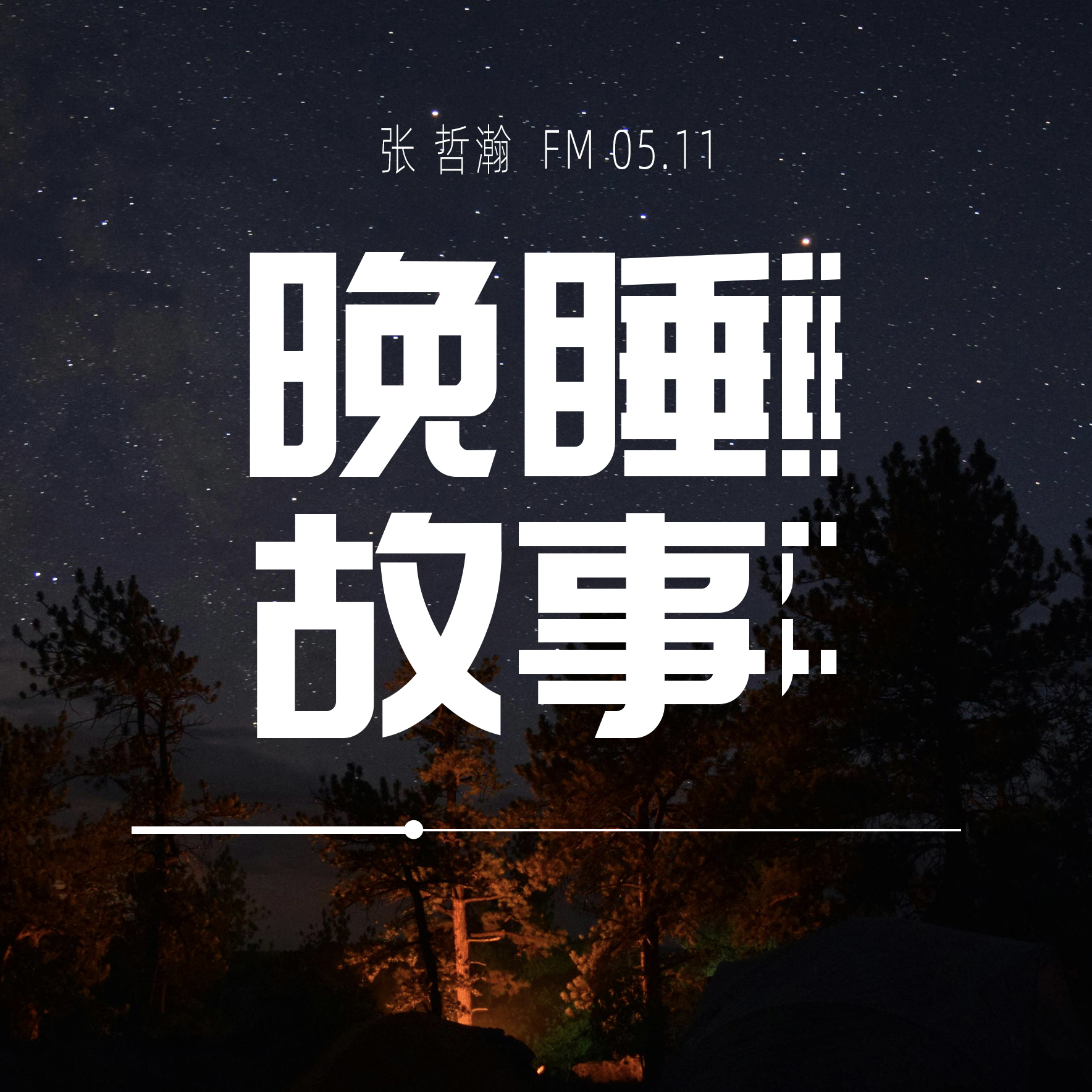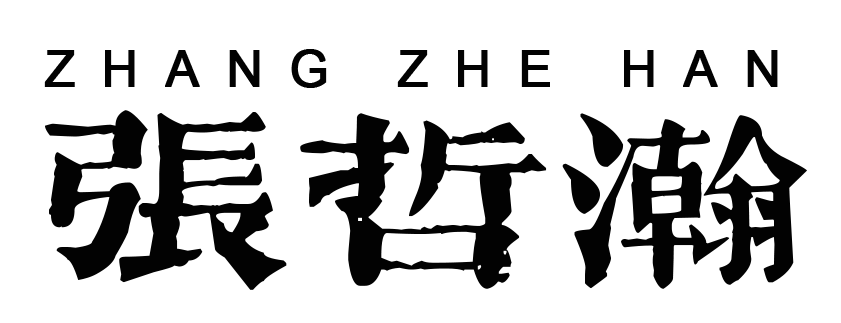
Hole
Zhang Sanjian is back June 2, 2025 05:12
Not long ago, a friend recommended a book to me—Catching Falling Leaves by Tommy Butler. At first, the whimsical title and charming cover led me to believe it was a heartwarming fairy tale. But as I read on, I found my heart quietly growing heavy. The sadness it conveys isn’t expressed through explosive or extreme language; instead, it seeps in gently, like a slow, glacial current that chills you to the bone. (※ Translator’s note: The English edition of the novel is titled Before You Go. The Chinese edition is titled 《抓落叶》, which literally translates to Catching Falling Leaves. ※)
The novel’s structure is fascinating. In four neatly arranged chapters, it chronicles the male protagonist’s life from childhood, through adolescence and middle age, all the way to old age. The story glides smoothly, its prose and character arcs weaving together a delicate two-dimensional space. And yet, in each chapter, there are interludes that shift the perspective to somewhere beyond Earth. These moments inject a burst of imagination and lift the narrative into a surprising three-dimensional space. The linear storyline is laced with streams of consciousness. Reading this slim novel feels less like reading a book and more like participating in a gentle invention of innocence—one that places your imagination in the clouds. Whether it becomes something kind, frightening, dark, or brave is left for the reader to define.

The story begins with young Elliott and his older brother chasing falling leaves in the yard. Orange, yellow, and green leaves swirl down from the trees in the wind. His brother runs wildly, bumping into things as he shows off the leaves he’s caught, while Elliott watches quietly from the side, his gaze filled with the gentle patience of someone caring for a child. 😅 “I liked watching him stumble around the yard like a happy little clown,” Elliott says. Even though Elliott catches far more leaves than his brother, he has no interest in competing or pointing it out. Winning does feel better than losing—he admits that—but what he enjoys most is simply playing with his brother. Even as he grows up, Elliott is often seen as strange or odd, particularly by his family, because he acts differently from others his age. He sees “monsters” that others don’t. He tries to enter a world like the one described in books—an eternal realm where all things have spirit: trees can talk, stones can feel, and the weather has a will of its own. There is even a giant with an enormous heart, someone who can communicate with everything—living beings, wood, stone, and sky alike.

His childhood began with the game of catching falling leaves. With keen perception and quiet compassion, he interpreted and accepted his brother’s world. But by the end of that childhood, he found himself sitting across from a psychiatrist—sent there by his mother.
Some time ago, I watched a film about life inside a psychiatric rehabilitation center. The people there could see strange forests and elk, see people who didn’t exist. Some slept under their beds with backpacks on and pot lids for helmets. In that place, wild trees could burst through brick walls overnight. You could ride a motorcycle across the floor and leave a trail of popcorn, set off fireworks in the air. It was a space that embraced and gently held every form of life. Whose asylum was it, and whose utopia? In a place like that, does it even matter anymore who is “different” and who is “normal”? Can’t sensitivity also be a kind of strength—a healthy one?
The book introduces a concept called the “Hollow Theory.” From a three-dimensional perspective, it suggests that when the Creator fashioned the human body, a hole was intentionally left inside the chest, right beside the heart. In the lab, they tried to fill this hollow—with light, with clouds, with emotions, with love. But no matter what they put in, the heart absorbed it endlessly, never satisfied, always drawing more into itself.
The Creator descended to the human world, hoping to fill that hollow by fulfilling human wishes. But human desires seemed endless. They wished for a bountiful harvest, for a child, for the latest game console. They wished to be beautiful. They wished for revenge.
The Creator seemed to have made one of the luckiest people in history, fulfilling every one of his wishes. But when this person—who lived a life envied by all—returned to the Creator, he was utterly despairing. With hollow eyes, he looked at the Creator and said, ““I’ve gotten everything I ever wanted, yet there’s still this hole in my heart that I fear will never go away.”
I deeply believe that we live our lives in response to the hollow space within us. As the saying goes, “Great perfection appears flawed.” We are born with something missing—whether in body or in soul.
The hollow is a real, tangible pain. Everyone longs for happiness, but happiness isn’t always what matters most. Sometimes it numbs us. Necessary pain, on the other hand, makes us feel alive. Pain sharpens what is vague, makes what is dull suddenly razor-sharp. Being hurt makes our capacity to love more acute.
The hollow is something unfinished, still unfolding. Desire that is never fully realized can feel closer to eternal. The boundary never crossed becomes the most extravagant kind of romance. The regrets we leave incomplete don’t always need to be resolved.
The hollow stirs our latent desires. Positive desire gives rise to ambition and passion. Because we want, we dream. We dare. Some climb mountains, others cross seas. Some stare into firelight. Some imagine. Some throw themselves into things for no reason at all. As the Creator in the book suffers over his inability to fill the hollow, his superior says: “Sometimes, it also makes them alive. It makes the whole thing come alive. Nothing is perfect. Life is in the living. There is no way to fail.” And so—we must find the answer ourselves. Otherwise, the answer holds no meaning.
It also reminded me of the film Me Before You. The male lead comes from a privileged background, passionate about the outdoors and a lover of freedom. He traveled the world in pursuit of adventure, believing that life should be painted in bold, vivid strokes across such experiences. But a sudden car accident left him paralyzed from the neck down, confined to a wheelchair for the rest of his life. After a long emotional journey—through grief, the healing of others, and mature reflection—he ultimately chose assisted suicide with firm resolve. He still loved life. He still cherished beauty. But this was how he chose to reclaim agency over his own existence. Those who are truly strong don’t just embrace the richness and intensity of life—they also have the courage to endure its most brutal despair.
The protagonist in the book carries a similar desire—the longing to end his own life. As an adult, he leaves home and moves to Manhattan. In his day-to-day life, he works steadily and with integrity as a financial auditor, adhering to his own boundaries and principles. He falls in love with a brilliant lawyer, only to be betrayed. Meanwhile, he watches from the sidelines as his brother performs his way into high society amid the wave of the internet boom. Spiritually, he turns inward—joining a suicide intervention support group, where he listens to the stories of others, shares his own, and bears witness to one departure after another. Eventually, he too tries to say goodbye to the world—with a single bullet.
Until he meets Sasha. As cliché as it may sound, theirs is a story of mutual redemption. Elliot is the only one capable of unraveling the riddles Sasha left behind in her seemingly mundane, commercial ad copy. He is also the only person who read her novel while she was alive. What he could do for her, in the end, was help publish that novel—quietly placing it on a bookshelf, waiting for passing readers to stumble upon her words, and let her time linger on. Eventually, they retreat to the countryside to spend their final years. Together, they devote a lifetime to searching, to loving the world and its beautiful fleeting moments—until, finally, they each find the one they love. And in a rare, quiet miracle, that love is returned. Then, at peace, they leave the world.
Perhaps the hollow isn’t entirely unfillable after all. Elliot and Sasha, each flawed in their own way, somehow became what the other needed to patch those empty spaces. When I discussed the book with other readers, some offered a different perspective. They believed that the protagonist never truly filled the hollow—but instead, found peace in learning to live alongside it. If you happen to read this book too, I’d love to hear your thoughts. 🤔
One of the most fascinating aspects of the book is how, in each “In the Future” chapter, the author lets their imagination run wild, painting bold and inventive visions of what might lie ahead. For instance, in the future, every person is equipped with a personal suicide button. The invention was initially met with fierce condemnation—but surprisingly, it sold remarkably well. As the death rate began to soar, governments stepped in to regulate it with supplemental policies—like requiring the button to be pressed three times before taking effect, or only allowing activation in the presence of a witness. In response, people abandoned the button and reverted to more primitive means. The button itself continued to evolve. Scientists eventually created a device that could detect the brain’s true psychological intent. When someone pressed the button, it would scan their brain to determine whether the desire to die was conscious and genuine. Only then would it activate. As a result, suicide rates plummeted. It turned out people didn’t really want to die that much. Because the very act of pressing the button—of voicing one’s desire—became a process of letting go: of worries, regrets, resentment, and even freedom and hope. In a way, the machine forced people to confront their unconscious desires—and revealed that, beneath it all, desire is just another name for the hope that keeps flowing through the passage of time.
In another “In the Future” chapter, there is a pill 💊 that can dissolve any illness or emotion. From teenage acne to gray hair and wrinkles—even an off-center dimple—everything could be fixed by simply taking one capsule a week. As the pill industry boomed, the world was filled with smiles, high-fives, and hugs. There were fewer tears, fewer screams, and even fewer people in prison. But scientists discovered something troubling: the number and frequency of suicides had not decreased. Without fear, people no longer realized that running across train tracks or overdosing on pills could be dangerous. Without fear, there was no deep longing for life or its beautiful possibilities. Fear, at the very least, had been a crucial condition for survival. Eventually, people stopped taking the pill—they were no longer afraid of sadness. They no longer feared feeling. Instead, they chose to experience the full spectrum of human emotions: the highs and the lows, the joy and the sorrow of being alive.
Emotions—whether joyful or sorrowful—moments—whether bright or fleeting—all are moments of shared exuberance shaped by the forces of the universe, across all directions of space and the stretches of time. We often measure time through clepsydras, sundials, clocks, and the changing of the seasons. But what is time, really? It is an invisible, intangible entity. At first, I didn’t quite understand why this novel, which leans toward science fiction and philosophy, was titled Catching Falling Leaves. But then I thought about the way the book describes the act of catching leaves:
“Falling leaves do not, of course, drop in straight and steady lines. They are unpredictable, feisty, weird. They hitch and pause their descent at random, which makes them difficult to catch, but which also provides the best opportunity for catching them.”
“For a split second, it simply stops, and—if you’re close enough—a split second is all you need.”
Then I began to understand. A leaf goes through so much—sprouting, growing into full form, turning green and carrying out photosynthesis, flourishing rapidly, then slowly fading into yellow, and eventually falling. We cannot interfere with the rhythm of each tree ring, nor with the pace at which each bud unfolds. Perhaps it is only that one moment when the leaf drifts to the ground—that fleeting instant—that truly belongs to us. All we ever really have is the joy of the present moment. May we be granted not only those moments, but also the ability to sense the shape of our souls within them.

(Photo By Me)






It’s not good to be too talkative late at night. I have work tomorrow, so I’m going to bed now.
Goodnight, Captain.🌃
翻译 Translate
Returning to the content of your essay, I think the relationship between Elliot and Sasha corresponds to the ancient Greek “eros.” Ancient humans had two heads and four limbs, but they split into two. So they are attracted to each other to return to the original state.
翻译 Translate
When problems arise in my family, I practice "四諦八正道” the Four Noble Truths and the Eightfold Path. This life is a training ground for the next life. But how long do I have to persevere? I have to be patient for another 10 years or so.
翻译 Translate
There is always something to learn from your insights. No human being is without flaws. Deficiencies are not bad. Positive lack can be a source of energy.
翻译 Translate
Reading the opening description of “Catching Falling Leaves,” I was reminded of the film “The Tree of Life” directed by Terrence Malick.
The story is about Jack, a businessman played by Sean Penn, who recalls his childhood growing up in a rural town in Texas, and comes to understand his father’s true character and feelings. His father treats his children with an unreasonably strict attitude, while his mother embraces them with tender love. Why was his father so overly strict?
翻译 Translate
I have a tendency to jump to conclusions and always have something to say, so sometimes I end up reading things in a way that suits me.
翻译 Translate
I re-read this article and realized I hadn’t understood it.
翻译 Translate
心中有诗意,处处皆清欢
翻译 Translate
内心柔软且有原则,身披铠甲而有温度
翻译 Translate
但愿你一路喜乐平安,桥都坚固,隧道都光明 ——余光中
翻译 Translate
愿时光能缓,愿你笑靥如花💖
翻译 Translate
温柔是黑暗世界里永恒的光
翻译 Translate
年年月月,热爱可抵岁月漫长
翻译 Translate
溫柔是宝藏,你也是❤️
翻译 Translate
不辜负生活,不迷失方向
翻译 Translate
Set all tenderness to be visible only for you 把所有的温柔都设置成了仅你可见
翻译 Translate
温暖的灵魂终将相遇
翻译 Translate
乐观和爱才是生活的解药🥣
翻译 Translate
但愿日子清净,抬头遇见满眼温柔
翻译 Translate
有趣有盼,不负心中热爱
翻译 Translate